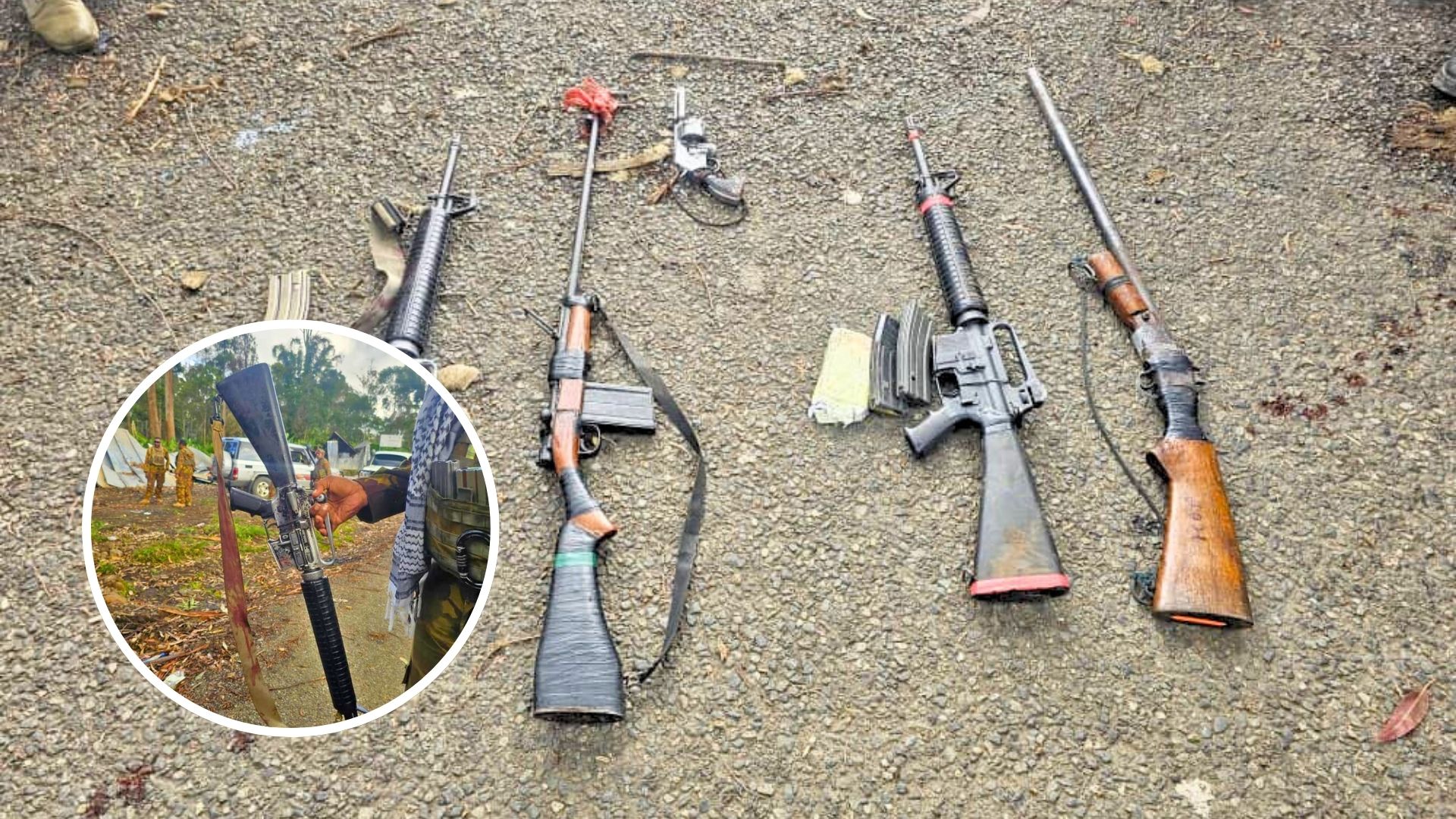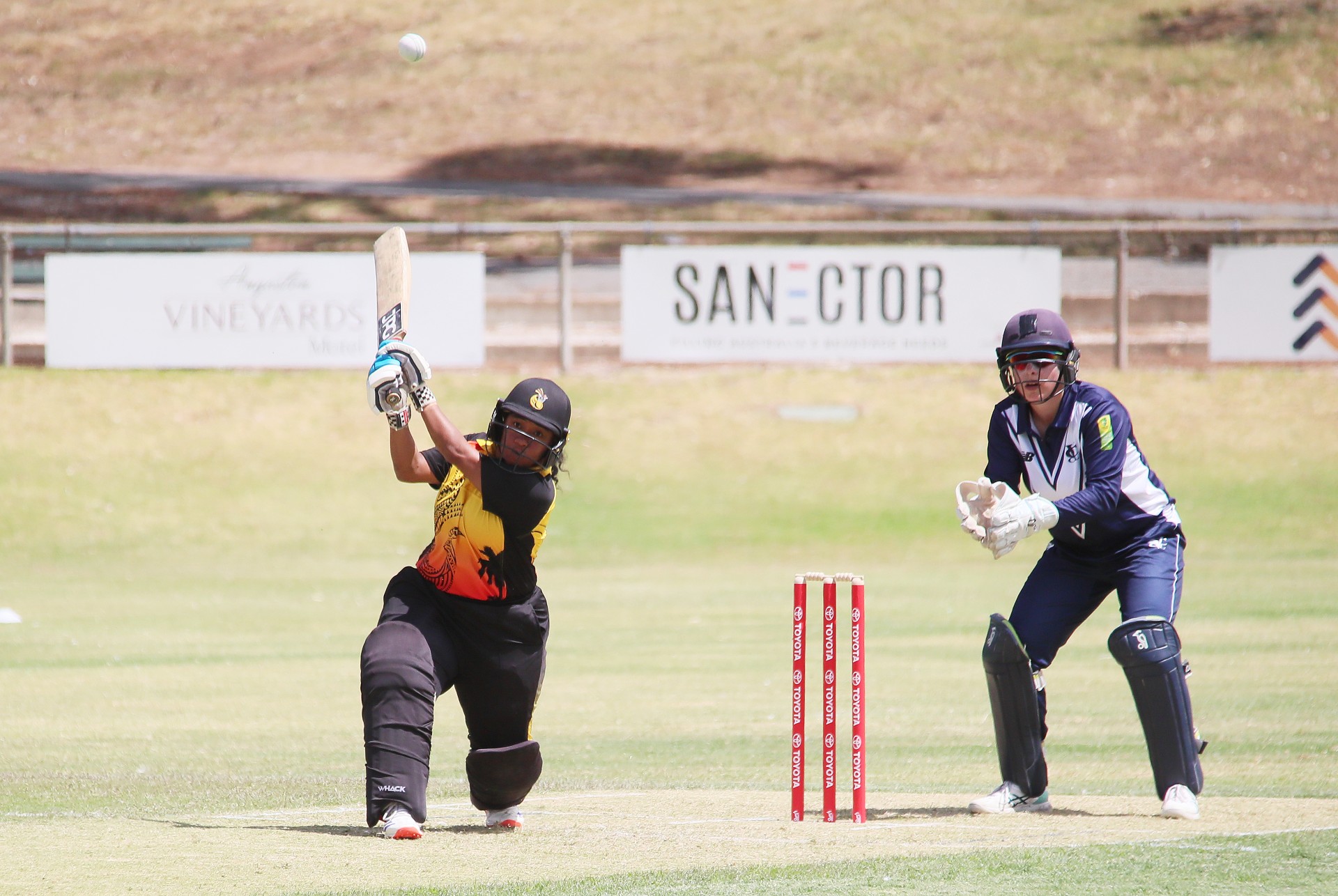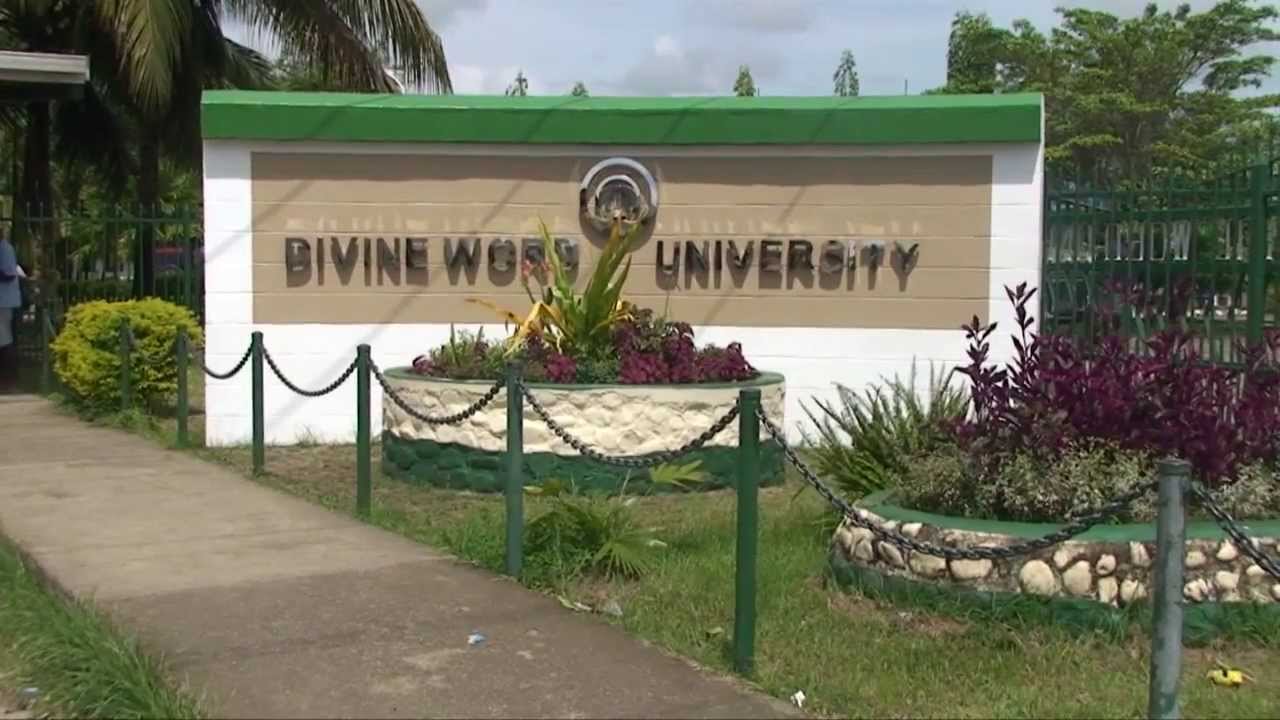NEWS
MINISTERS WORKING TOWARDS 2024 BUDGET PREPS
![]() By Nigel-Francis MADO |
November 14, 2023
By Nigel-Francis MADO |
November 14, 2023

Related News
LATEST NEWS



